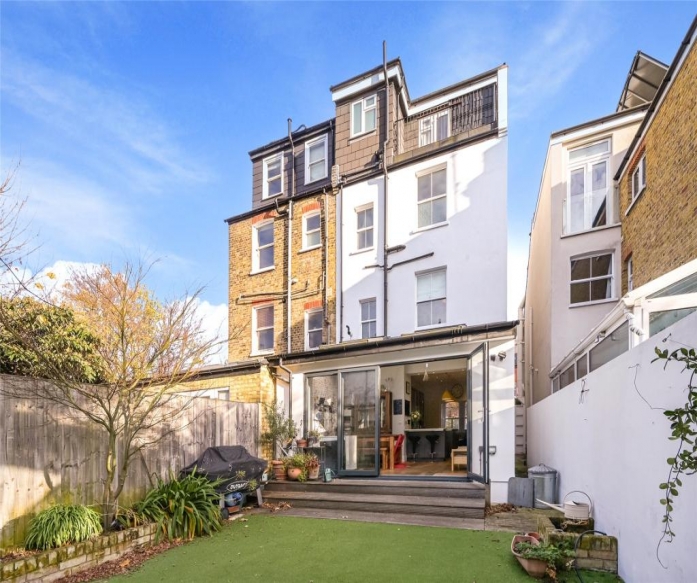How to Plan for Your Loft Conversion in Ealing
June 24, 2025

Thinking about converting your loft? It’s one of the most innovative ways to add space, value, and character to your Ealing home, but getting it right means planning carefully. Here's a step‑by‑step guide, based on real experience, to help you get started.
Step 1: Define Your Goals
First, ask yourself:
-
Do you want a master bedroom with an en-suite?
-
A quiet workspace, playroom, or guest room?
-
Maybe you're considering a home studio or even a rental space?
Being clear on how you’ll use the loft will guide everything else, budget, layout and design choices—so it’s worth spending some time here before you go any further.
Step 2: Check the Basics
Next, assess the suitability of your loft:
-
How much head height do you have? Most conversions require at least 2.2m at the ridge.
-
Is your roof structurally sound, or will it require additional support, such as steel beams?
-
Do you need planning permission, or can you use permitted development rules?
-
Does your project fall under party wall regulations if you share walls with neighbours?
Having a builder or architect review your plans early means you can identify any potential issues before they become expensive ones.
Step 3: Sketch Out Your Layout
Once you know your loft is suitable, create rough layouts that show where the bed, bathroom, storage, and stairs will be located. Don’t forget to consider window placement and speed of access, as these factors affect how airy and comfortable your space feels.
Staircases deserve particular attention, as they occupy a significant amount of space and need to blend seamlessly with both upstairs and downstairs areas.
Step 4: Plan for Light, Heat, and Wiring
Lighting is a deal‑maker in loft conversions. Options include:
-
Skylights along the roof pitch—simple and often allowed under permitted development.
-
Dormer windows—great for adding headroom and usable wall space.
-
Velux-style windows—easy to operate and blend with your roofline.
Plan where you’ll put light switches, sockets, and heating controls, getting these right early saves re-wiring hassles later.
Step 5: Get the Right Team
You have two main routes:
-
Use your architect and builder: ideal for those who want complete design control. You’ll manage communication, red tape, and timelines yourself.
-
Choose a design‑and‑build service, like Loft Conversion Ealing. We handle everything—planning, drawings, and construction—and guide you every step of the way.
Project managers are invaluable for keeping things moving, managing builders, and liaising with local planners or Building Control.
Step 6: Budgeting and Timelines
Typical timelines range from 6 to 12 weeks, depending on the scope. You’ll need to budget for:
-
The actual build (materials and labour)
-
Professional fees (architects, structural engineers, surveyors)
-
Building control approval
-
Fixtures and finishes — think lighting, flooring, and bathrooms
-
Potential extras—like insulation, soundproofing, or under-eaves storage
Always add a contingency of around 10–15% to your budget for unexpected issues, that way, you’ll be prepared, not surprised.
Step 7: Permits, Materials, and Regulations
Your project will likely require:
-
Planning approval or confirmation of permitted development rights
-
Building regulations approval (for structure, fire safety, wiring, etc.)
-
A party wall agreement, if you're sharing walls with neighbours
Once these are in place, you can select materials such as roof windows, insulation types, and finishes—and schedule the build.
Step 8: The Build Stage
A typical loft conversion build follows this sequence:
-
Scaffolding and site setup
-
Constructing the dormer or roof alterations
-
Installing steel supports or staircases
-
Roofing, lining, and insulation
-
Electrics and plumbing
-
Plastering
-
Fitting floors, bathrooms, and final touches
-
Snagging (inspecting and fixing any minor defects)
-
Final sign‑off with Building Control
Final Thought
A loft conversion in Ealing can add space, value, and charm, but only with good planning. From defining your goals and creating layouts to selecting the right professionals and managing the build, each step is crucial.
If you're at the start of your journey, Loft Conversion Ealing is here to help—from the first free consultation to your new loft’s final finish. No pressure, just honest advice based on years of experience.